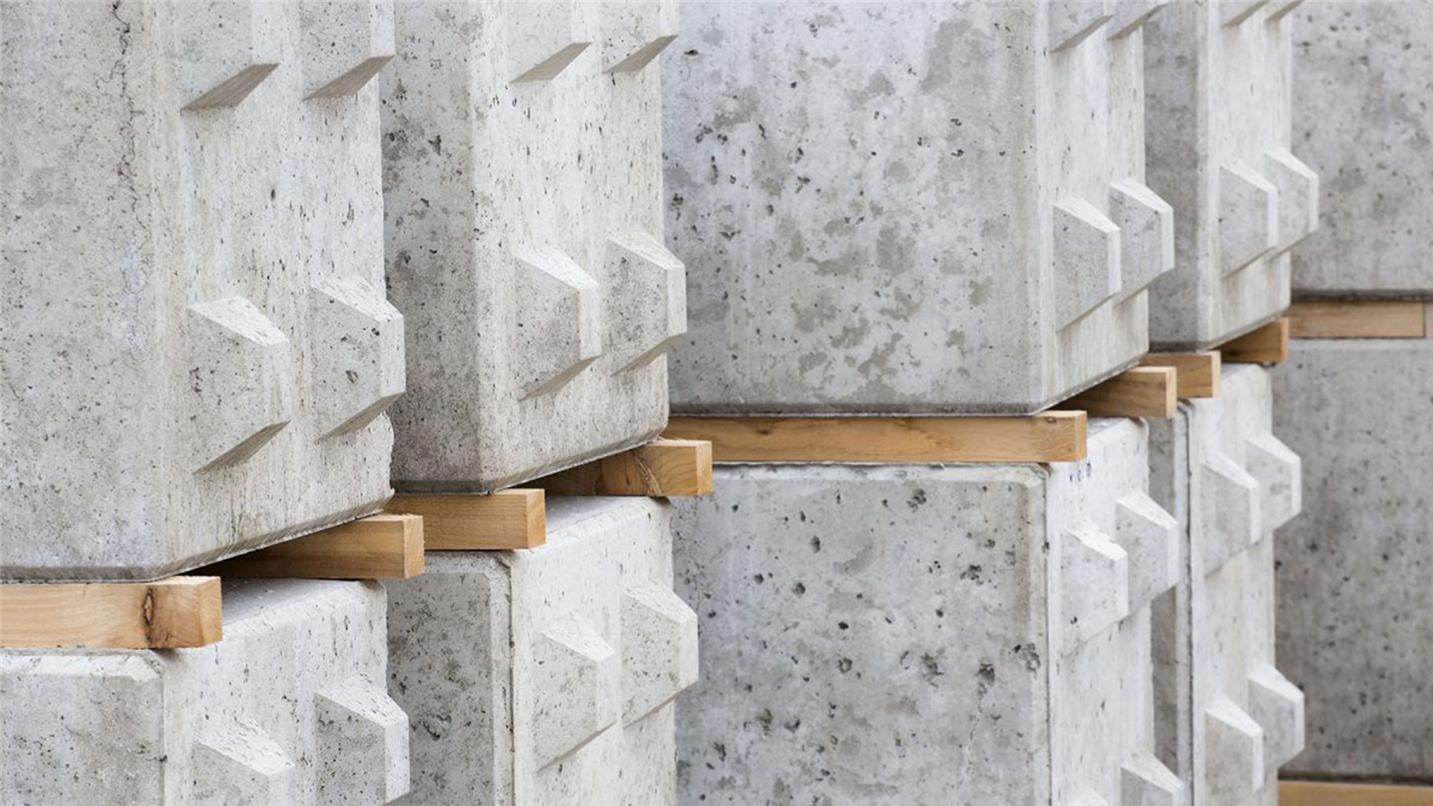The mission
To divert waste from councils’ street cleansing going to landfill
Our solution
Using street sweepings in concrete blocks and landfill restoration
Each year, we process around 70,000 tonnes of street sweepings at our Wolverhampton and Coventry sites.
The street sweepings are thoroughly cleaned to remove pollution from vehicle exhausts. They are then separated into their composite parts: sand, aggregate and organic materials. Non-hazardous waste, such as ferrous metals, is also separated and recycled.
Organic materials (e.g. leaves and twigs) and filter cake (the sludge left after washing) are used for landfill restoration. Once a landfill has been capped, these materials can be used to cover the area, forming the base on which restoration takes place.
The sand and aggregate are mixed with cement and used to make concrete blocks. As the materials achieve end-of-waste status, the concrete blocks are approved for commercial sale by the Environment Agency. It also approved the filter cake and organics for landfill restoration.
The results
Award-winning scheme
This solution not only provides an alternative to landfilling sweepings, it has recovered natural resources, reducing the need for virgin materials, and generating a sustainable supply of materials for concrete-block making.
Blocks sold back to councils for their own construction needs makie this a sustainable, closed-loop system. There is also potential to expand the project to generate commercial revenue.
The project was named Best Recycled Product of the year 2016 at MRW’s National Recycling Awards and received an Award for Excellence in the Circular Economy Success category at letsrecycle.com’s Awards for Excellence 2016.

